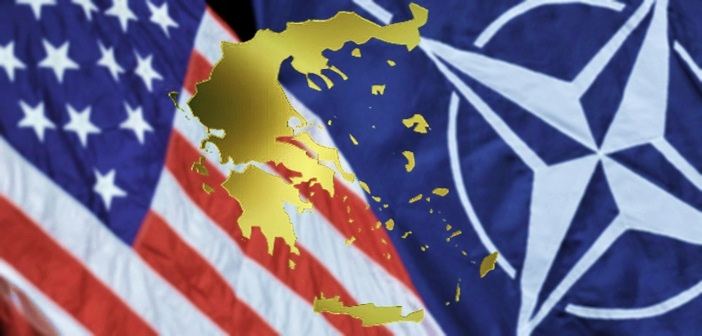One of the highly cherished principles of the contemporary international system is to treat all states– large or small, strong or weak – as equal and to respect their territorial sovereignty. Are the United States and the North Atlantic Treaty Organisation today backing Ukraine in Russia’s war against it for the sake of this very principle? Do they aim to protect relatively weak Ukraine’s independence from the aggression of Russia, still a major world power?
Observers say Washington and Brussels appear to be determined to defend Kyiv against the continuing attack of Moscow. After Russia launched its special military operation in Ukraine, American President Joe Biden branded his Russian counterpart Vladimir Putin as an “aggressor” and slapped sanctions against Russia. The United States has recently declared to send some $2-billion worth of state-of-the-art weapons to Ukraine, including “Switchblade” combat drones and self-propelled howitzers.
Last month-end, NATO Secretary-General Jens Stoltenberg told a youth summit in Brussels, “NATO allies are preparing to provide support over a long period of time and help Ukraine transit, move from old Soviet-era equipment to more modern NATO-standard weapons and systems.”
Washington and NATO have, however, hardly been consistent about defending the independence of a weak state against the aggression of a stronger one. They have done little to remove the threat Turkey, a member of NATO, has continued to pose to the territorial integrity of the states in its neighbourhood.
Current Turkish President Recep Tayyip Erdogan has had an imperialist dream. He has been projecting himself as leader of the Muslim world to his coreligionists around the globe. Erdogan said: “[In 1914] Our territories were as large as 2.5 million square kilometres, and after nine years, at the time of the Lausanne Treaty, it diminished to 780,000 square kilometres… To insist on [the 1923 borders] is the greatest injustice to be done to the country and to the nation. ..We did not accept our borders voluntarily…”
According to recent reports, Turkey has turned more aggressive towards Greece, another member-state of NATO. The Erdogan regime has openly been threatening to capture Greek islands in the Aegean Sea. On January 6 this year, Turkey entered the Greek airspace 37 times with F-16 fighter jets and CN 235 transport planes. On February 7, Turkey violated the Greek airspace 60 times in a single day. On March 14, Ankara violated the Greek airspace 25 times.
Ankara does not care for the Treaty of Lausanne that defines the borders of Turkey and Greece. Nor does it care for the 1923 Lausanne, 1936 Montreux, and the 1947 Paris Treaties that establish Greek sovereignty over the islands, islets and rocks of the Aegean.
(The author is a New Delhi-based journalist)




















Comments